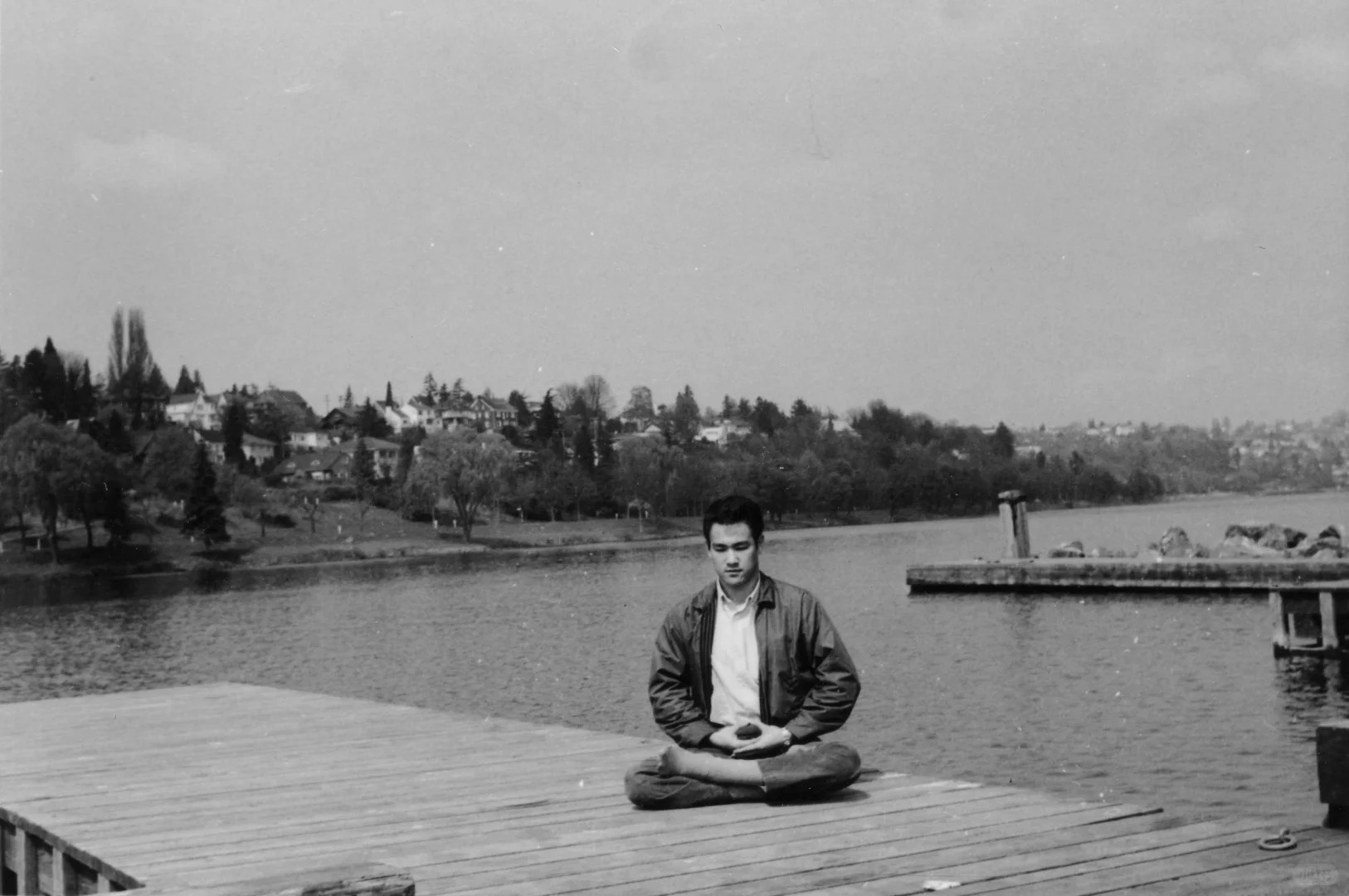Louis Cha (known by the pen name Jin Yong), a legendary writer reknowned for his work in the historical wuxia genre of kung fu heroes, has passed away in Hong Kong at the age of 94.
Though relatively unknown in the West, Cha’s prolific body of work was of immense importance to much of the global Chinese diaspora. He spent most of his life in Hong Kong, but his journalism, social commentary, and novels were able to transcend ideological and political boundaries, striking a chord at the heart of Chinese identity with audiences internationally. His wuxia novels alone have sold more than 100 million copies worldwide, not including a sprawling array of pirated editions.
Related:
 Photo of the day: Zhang Yimou and the Return of WuxiaArticle Apr 29, 2018
Photo of the day: Zhang Yimou and the Return of WuxiaArticle Apr 29, 2018
Born in Hangzhou, Cha began his writing career as a journalist and translator for the Ta Kung Pao newspaper in Shanghai. He later relocated to work in the paper’s Hong Kong office. After leaving Ta Kung Pao, he started writing the wuxia novels that would eventually make him the most popular author in modern Chinese history. In 1957, he founded Hong Kong’s Ming Pao newspaper, which became a central voice for the city’s intellectuals, who respected Cha’s balanced and insightful socio-political commentary. Ming Pao — now a leading daily publication — fueled its initial readership by serializing Cha’s novels.
Cha’s novels were hugely influential in the wuxia genre, and have been reimagined in countless films, TV shows, comics, and video games over the years. They take place in the imaginary world of Jianghu, where martial artists, knights, and bandits wandered across China. They set the tone for much of what we see as kung fu imagery today — old masters, chivalrous heroes, Chinese medicine, tea, philosophy, religion and more all found their place in Cha’s work.

Cha’s novels were redeveloped into films, TV dramas, and other media over and over again across several decades.
In a 1994 interview, Cha noted that the depth of the themes might be difficult for Westerners to fully grasp.
“The reader may need some training in Chinese thinking to understand,” he explained.
It’s easy to grasp the action and appeal of kung fu stories, but without understanding Chinese traditional culture, and systems of thought like Confucianism, Buddhism, and Daoism, an average reader might not be able to appreciate the complete concepts of Cha’s work. Cha described martial arts as just an instrument, or a sugar coating, that could be used as a medium to deliver his wider artistic vision.
Cha’s passing has drawn a massive response from his fans. Alibaba founder Jack Ma, a longtime fan of Cha who met the author in 2000, was one of the first to speak out.
“It’s a huge loss for Chinese people around the world,” he said. “The wuxia spirit promoted by Cha has become a core value of Alibaba. I have long admired Cha and he has been a source of deep inspiration for me. He will always be in my heart.”
—
You might also like:
 Chen Tai Chi Village: The Birthplace of Tai Chi is a Ghost Town Banking on a Cultural TreasureArticle Aug 03, 2018
Chen Tai Chi Village: The Birthplace of Tai Chi is a Ghost Town Banking on a Cultural TreasureArticle Aug 03, 2018
 Big Picture: Inside the World of China’s Forgotten, Republic-Era Comic BooksArticle Aug 13, 2018
Big Picture: Inside the World of China’s Forgotten, Republic-Era Comic BooksArticle Aug 13, 2018
 Photo of the Day: The Shaw Brothers and the Birth of Chinese CinemaArticle Apr 23, 2018
Photo of the Day: The Shaw Brothers and the Birth of Chinese CinemaArticle Apr 23, 2018


















